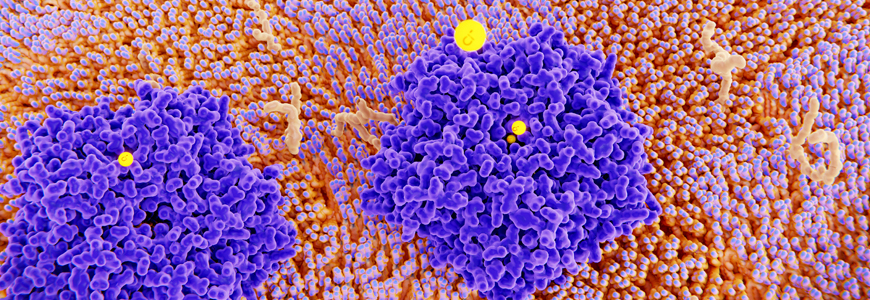The risk of medication-related side effects among patients with chronic kidney disease (CKD) and related hypertension requires careful follow-up to monitor volume status, potassium homeostasis, electrolyte abnormalities, and kidney function, says Matthew A. Sparks, MD, a Duke nephrologist and researcher who specializes in hypertension and CKD.
In addition to monitoring medication side effects, managing patients with CKD and hypertension requires an awareness of adherence and cost issues that patients face when they are prescribed recently approved but expensive medications.
“The patient population at the highest risk are those with reduced kidney function and concomitant diabetes,” Sparks says. “Those individuals experience complications much more commonly.”
Controlling hypertension among these patients often requires multiple medications that may worsen kidney function and contribute to higher potassium levels, he says. Comprehensive management requires regular lab tests, dietary education, and guidance about when to take certain medications.
“If a patient is acutely ill and the individual’s blood pressure is low because of nausea, vomiting, or diarrhea, it would be appropriate to withhold medications during this time because of the risk of adverse effects to the kidney,” Sparks says. “The risk of damage to the kidney is heightened in such situations.”
Patients with CKD, hypertension, and diabetes also face the challenge of managing dosage schedules for multiple medications—a costly regimen that may be confusing, which contributes to nonadherence. However, several new medications may offer better outcomes, Sparks says, either by decreasing the side effects or targeting a completely new pathway.”
Promising results include findings from the following trials:
- Spironolactone with Patiromer in the Treatment of Resistant Hypertension in Chronic Kidney Disease (AMBER). This trial examined the combination of spironolactone with patiromer. An oral medication used to treat hypertension, spironolactone has the undesirable side effect of increasing a patient’s potassium level. Sparks says clinicians hope that more patients can remain on spironolactone if prescribed Patiromer, a potassium binder. Sparks says this short-term study seems to suggest that might be possible because it demonstrates a reduction of side effects.
- Evaluation of the Effects of Canagliflozin on Renal and Cardiovascular Outcomes in Participants with Diabetic Nephropathy (CREDENCE). This trial examined kidney impairment progression using canagliflozin in patients with stage 2 or 3 CKD and type 2 diabetes mellitus. Sparks and national nephrology colleagues discuss the positive findings from this trial in one of a series of nephrology-focused podcasts titled Freely Filtered.
“Almost 90% of patients with diminished kidney function will have hypertension,” Sparks says. “Every nephrology clinic in this region works with these patients.
